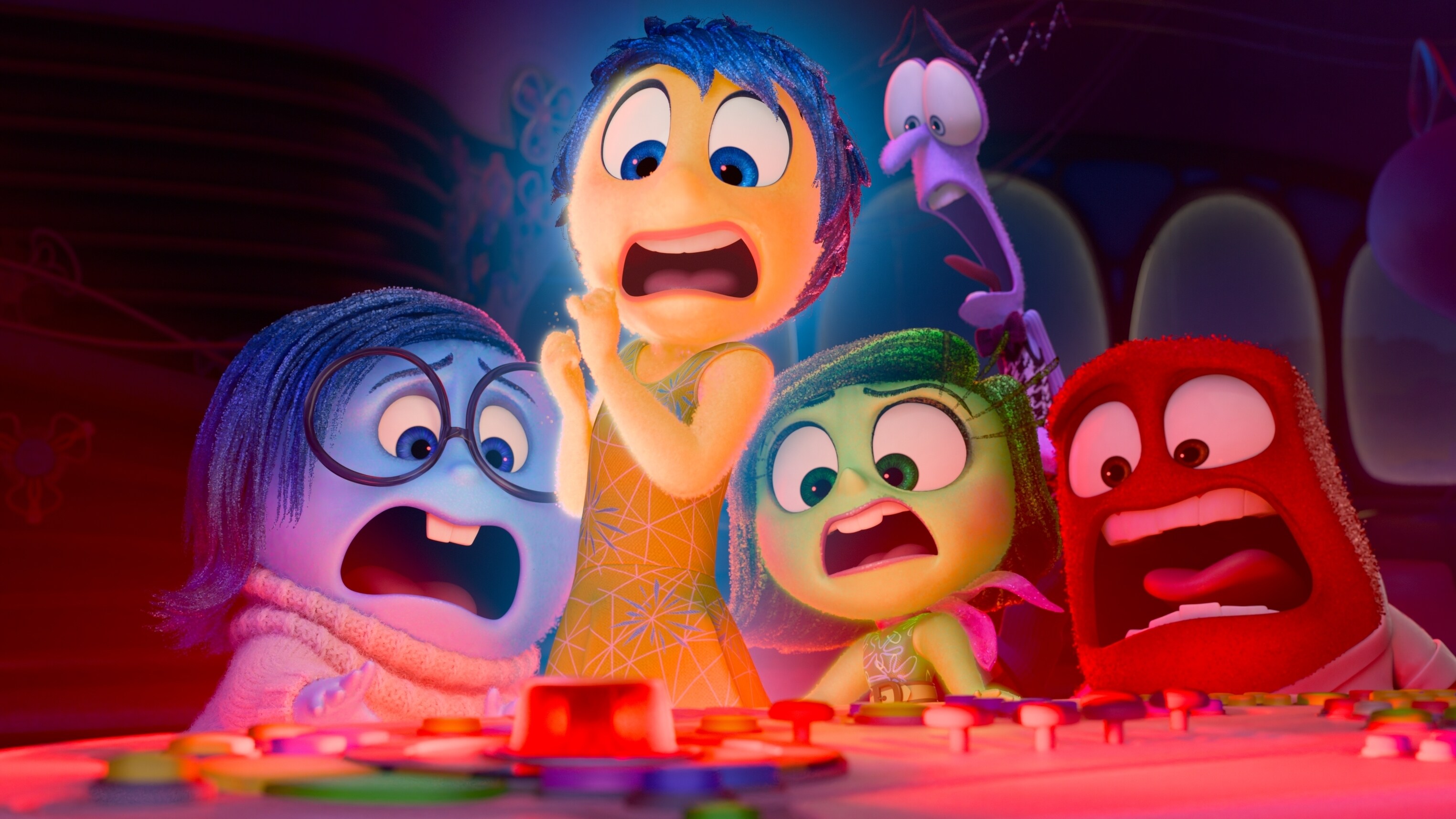Enchanced Eddie: Yes, I Saw LIMITLESS

So you may have noticed I haven’t posted on any movies lately. That’s because I haven’t seen any I liked or hated enough to talk about. I did just see Limitless, which isn’t actually that good a movie or even good science. But it did provoke me to some relatively lame and obvious thoughts.
The premise of the movie is that one reason we fall short of our goals is that we only use 20% of our brains. That’s not really true: Roughly speaking, we use all of our brains, but not all at once. Don’t you wish you could put more of your brain to work for you right now?
Let’s say that you could take a pill that would allow you to immediately access and put to good use every memory you have of each of your experiences. And let’s add that you can employ that information with perfect deductive logic.
Let’s say, as the film does, that you’re a smart–but not real smart–“blocked” writer wallowing in depression that’s really contemptible self-pity. You have a book contract, but you haven’t written a word. You’re living in squalor, drunk a lot, and your almost endlessly patient, loving, beautiful girlfriend has finally just dumped you. Getting a job doesn’t really occur to you as a viable option, and you seem very short on moral fiber or even ordinary decency. You certainly seem unfit to reproduce.
You take the pill: One result–you write that novel in four days. Does that make sense? Is novel-writing really about memory and deductive logic? Well, those qualities by themselves couldn’t produce a great novel. But this guy is writing a sci-fi thing about a future utopian society. That kind of book often really is a combination of ripping off stuff from various genuinely great books and deducing your way to futuristic mutations on perennial themes. And of course, perfect memory of even carelessly read books is bound to radically upgrade your style, diction, and all that. So, yeah, I buy it. It’s not a great book, but it’s bound to be an impressive–if grandiose (as his agent says)–one
After finishing the novel: He carelessly and somewhat ruthlessly tries to get really rich and powerful very quickly using his unearned advantage shamelessly to benefit himself. And he’s no techno-entrepreneur aiming to invent stuff that will improve the lives of millions or billions, no Bill Gates He’s all about outwitting the other players on the stock market, on big mergers, etc. etc.
The only thing that “humanizes” him at all is that he wants to impress the girl who loved him, and he, in fact, now finally appreciates her love. But that’s not enough. She dumps him again after seeing how addicted he is to limit-busting drug. He, in fact, is no longer lovable. She’s stuck with taking the drug once to get out of a jam he got her in. But, like any realistic woman, she knows enough not to take it again.
Is all that realistic? Maybe. He hasn’t chastened been by experience. He forgets that he’s still limited in many ways, and that the limits associated with our embodiment are the true sources of much of our happiness. He’s not going to become more moral–or more relational or virtuous–just by getting real smart real fast. In the most important senses, he remains a contemptible slacker.
His constant calculation turns him to a control freak always on the move. He has no time to enjoy, no serenity now. He has no sense that his advantage is unearned, and so his victories are nothing more than immoral exploitation. He has no time for self-reflection, no spiritual depth, no leisure. So despite his unparalleled brain power, he’s far from living in the truth about what he can really know about himself.
From this view, the film is a criticism of our Adderall-addled, Achievatron techno-meritocracy. The film instructively highlights through exaggeration some of the implications of the techno-fantasies of our time. The society of the future to which it points is, in no proper sense, a utopia.





